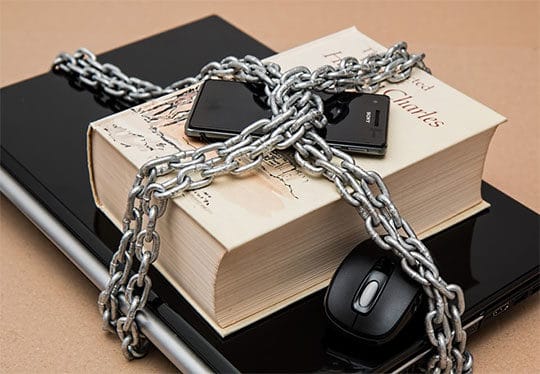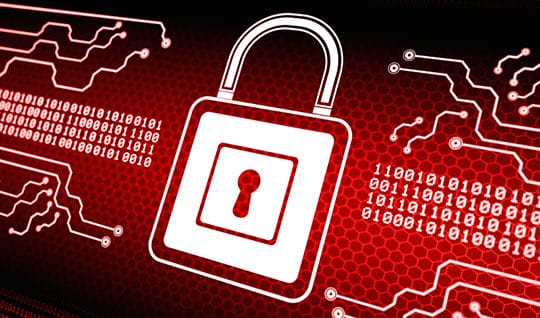Today, an individual’s identity is made up of a large number of aspects. It is not just the name anymore! Thanks to the online world and the various documents that one has to apply for and carry around, a person’s identity can consist of all or a combination of facets such as:
- SSN or social security number.
- Driver’s license.
- Audit and tax records.
- Medical identity.
- Bank accounts and debit and credit cards too.
- Credit score and financial standing and so on.

What constitutes identity theft?
Identity theft is when an ill-meaning individual gains illegal access to your personal information and uses the knowledge to take control of your credit accounts or your medical records and so on. This can result in:
- Fall in your credit score.
- You being stuck with loans that you have not taken.
- Damage to your reputation.
- Business loss and so on.
Keep monitoring
There are a large number of financial and information reports that get generated periodically. Credit reports, bank statements, debit card statements and so on. Your tax returns are also one such financial statement. Detecting problems of identity in these areas has to start with constant vigilance. You have to make time to study all your records and statements and accounts very carefully and thoroughly. Unfamiliar purchases, inexplicable bank account entries – just two examples of problem areas.

Credit report
You are entitled to a free credit report from the three national credit reporting bureaus every year – use this entitlement. It is easy enough to access this report online and doing so will give you the chance to find out if your score is healthy, as before, or has fallen for some unknown reasons.
Your bills
If you get even one small bill for some service or product that you have not purchased – look into it immediately. Approach the merchant who has sent you the bill and find out what is going on. This applies to everything around you – goods, services, medical care and so on.
Get professional help
You have service providers like LifeLock who have been in the business for decades now. This company has built up solid expertise in the field of identity problems and with such a company by your side; you can get timely alerts on any problems that may be connected to your identity. Healthcare, loans, housing, banking and so on – just some of the areas that you can safely look after with professional support. Don’t forget to check some LifeLock review to find more on their pros and cons.

If you have such professional support then you will get immediate notifications of problems. The next aspect deals with the steps you must take after you have detected identity theft.
Fraud alerts
Once you are sure that some theft or fraud has taken place, then you should place a Fraud Alert with the National Credit Reporting Agency – the three operating in the USA are – the TransUnion, Experian, and Equifax. You can report fraud to just one of the three.

Contact other agencies
Depending on what information has been stolen – you will also have to contact other bodies or agencies such as:
- Your bank.
- Credit card company.
- Other creditors.
- Police and so on.
Maintain information
It is a good idea to maintain a file of all the actions you are undertaking once you have discovered the theft. This will give you enough information to deal with the loss in a methodical manner. This will also help you in any legal path that you may choose to deal with the identity thief.
The FTC
The Federal Trade Commission is a great resource to tap into when it comes to dealing with identity theft. This body’s ID Theft Affidavit is accepted widely. You can also file your complaint with the FTC via email or via telephone.

Close your accounts
Check your financial accounts for suspicious activity and once you have pinpointed the ‘accessed’ account, you should take immediate steps to close the account and transfer all your assets from the same to another new account.
Alerting the authorities concerned is one of the most important and instant measures to deal with identity theft.





